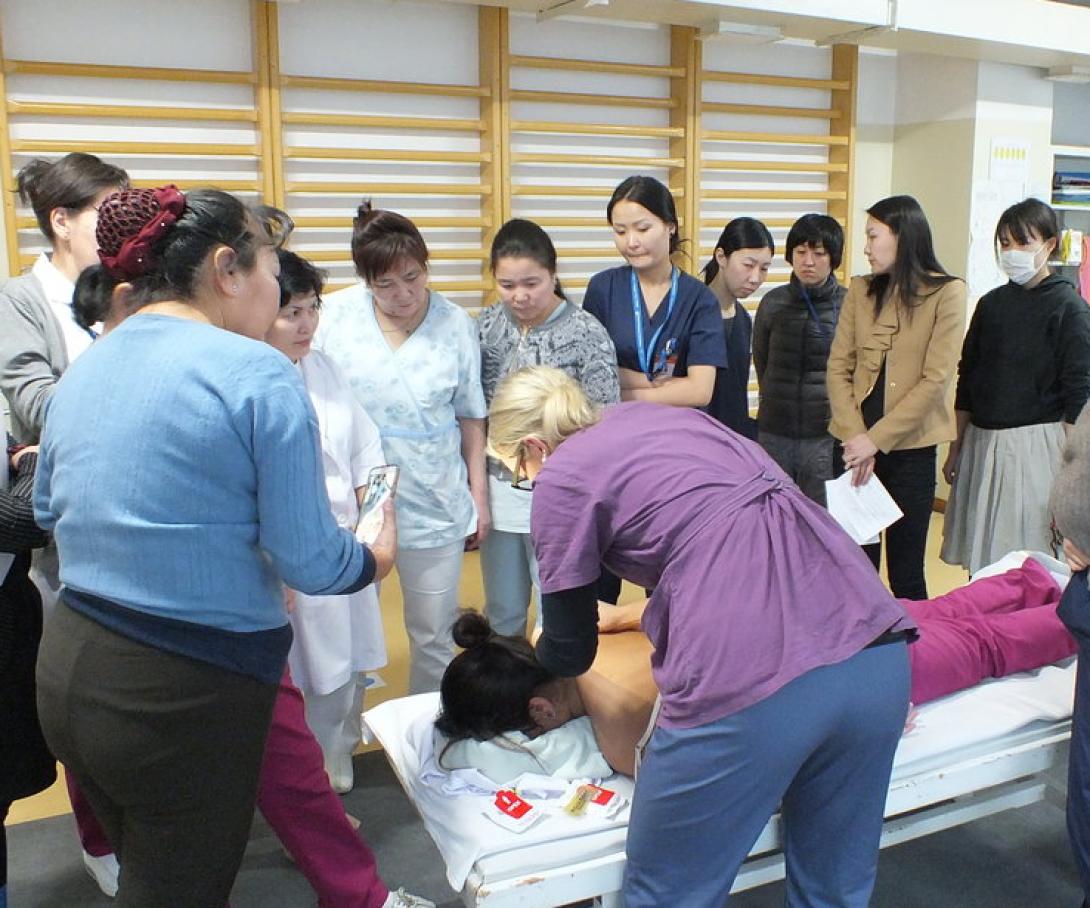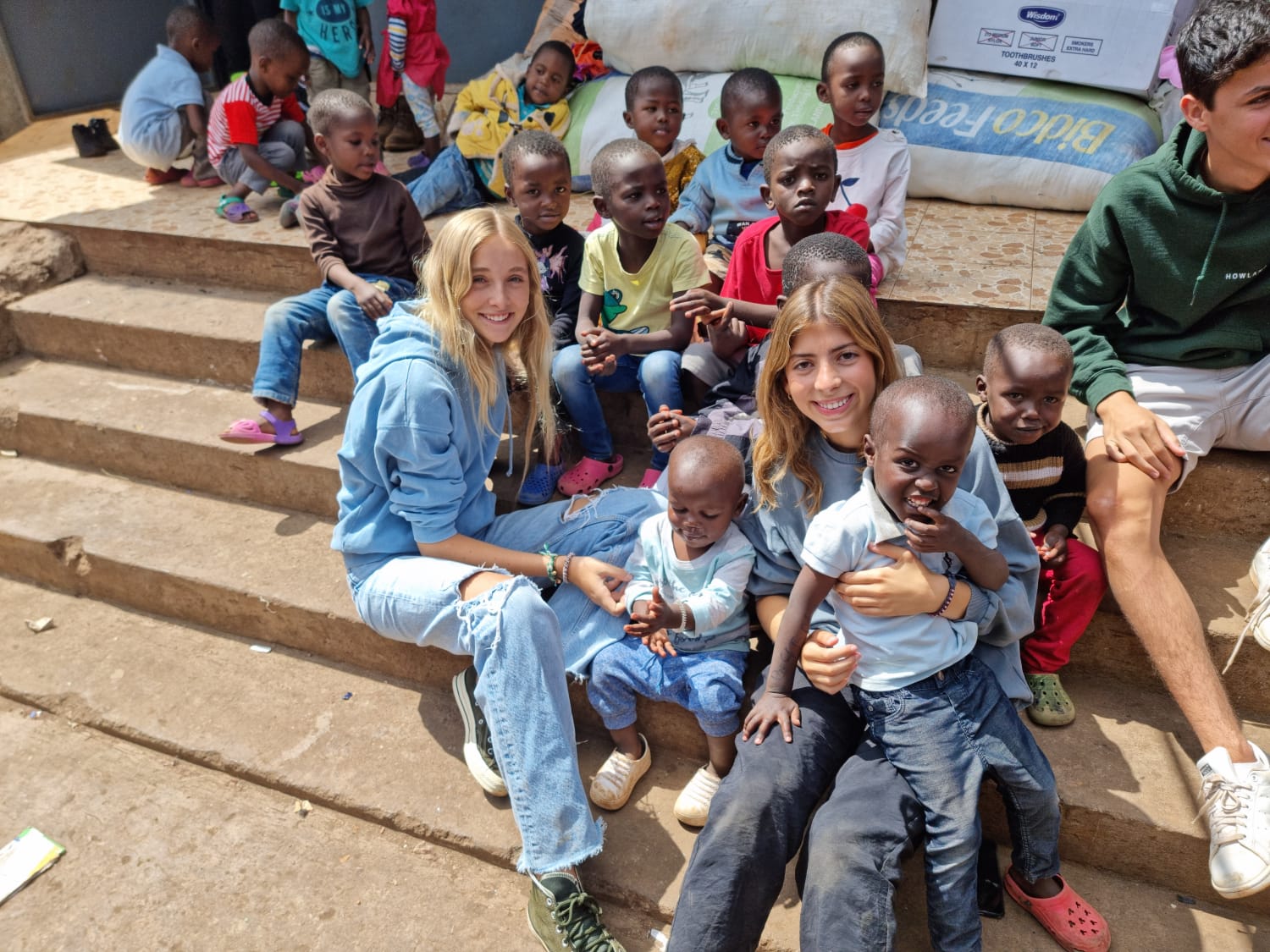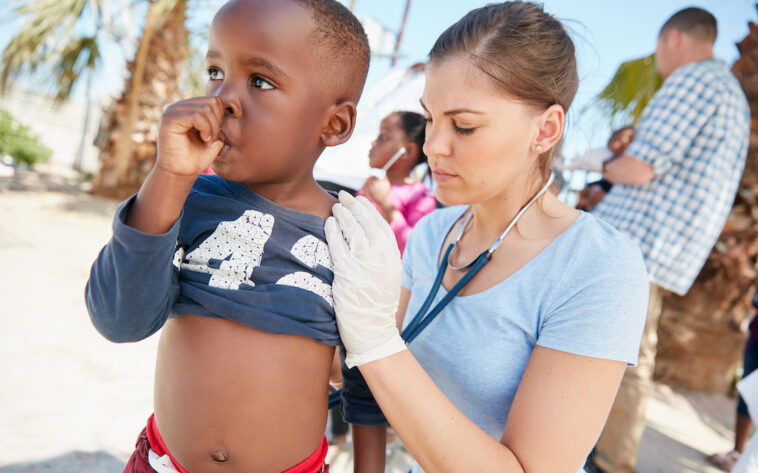Volunteering in the medical field abroad offers a unique blend of challenges and rewards. This opportunity allows individuals to immerse themselves in new cultures, acquire practical medical skills, and contribute significantly to communities in need.
This article delves into the various aspects of medical volunteering overseas, highlighting its educational benefits and providing guidance for those considering this path.
Understanding The Scope Of Medical Volunteering Abroad
Medical volunteering abroad encompasses a range of activities that go beyond traditional healthcare. Participants might engage in public health campaigns, conduct health education workshops, or participate in research projects addressing local health issues. Volunteers might also be involved in setting up mobile clinics or administering vaccinations in remote villages. At the same time, in urban hospitals, they could assist in more specialized medical fields like pediatrics, oncology, or emergency medicine.
These opportunities are open to medical professionals, students, and individuals interested in healthcare. Enthusiasts without medical backgrounds might take on roles in health education, administration, or support services. Organizations like medicalaid.org facilitate these volunteering stints, ensuring each participant contributes effectively while gaining substantial learning and experience.
Choosing The Right Program

When selecting a program, matching your skillset and aspirations with the program’s requirements and objectives is essential. For instance, a medical student might benefit from a program that offers hands-on clinical experience. In contrast, a public health student might prefer a program focusing on community health initiatives. Duration is another important factor; some programs last a few weeks, while others could extend for several months or even a year.
It’s also important to research the organization’s reputation and the support it provides. This includes pre-departure training, in-country orientation, accommodation arrangements, and ongoing mentorship throughout the volunteering period. The goal is to find a program that is aligned with your interests and skills and offers a supportive environment for your volunteering experience.
Gaining Practical Skills
Medical volunteering abroad provides a platform for acquiring and honing various skills. These include clinical skills like patient assessment, diagnosis, and treatment planning and technical skills like performing minor surgical procedures or managing medical equipment. Volunteers also get to learn to innovate and make do with available resources in resource-limited settings, enhancing their problem-solving abilities and adaptability in clinical practice.
This exposure is crucial for medical students and new healthcare professionals to develop confidence and competence in their skills. It also offers a preview of different medical specialties, aiding in making informed career decisions.
Cultural Immersion And Adaptability
The cultural immersion of medical volunteering abroad is a profound learning experience. Volunteers are often immersed in a healthcare setting vastly different from what they are accustomed to, exposing them to various healthcare systems and practices. This immersion extends beyond clinical practices to include understanding the societal and cultural influences on health. Volunteers learn to appreciate and navigate these differences, which enhances their ability to provide culturally competent care.
This aspect of adaptability is crucial in today’s globalized world, where understanding and respecting diverse cultural perspectives in healthcare is essential. Such exposure can improve one’s professional capabilities and foster a deeper understanding and respect for global diversity.
Moreover, adapting to different patient demographics is a critical skill developed during these volunteering stints. Volunteers encounter patients from various backgrounds, each with unique health beliefs, practices, and challenges. This diversity necessitates a flexible and empathetic approach to healthcare. Communicating effectively with patients with different views on health and treatment can significantly enhance the quality of care provided. This experience is invaluable for healthcare professionals, as it equips them with the skills needed to navigate the increasingly multicultural patient populations they will encounter in their careers.
Building Professional Networks

Volunteering in a medical capacity abroad opens up avenues for building extensive professional networks that transcend geographical boundaries. Volunteers can work alongside healthcare professionals worldwide, bringing unique perspectives, skills, and experiences. This environment is ripe for exchanging knowledge and fostering a collaborative learning experience.
Volunteers can also gain insights into different healthcare systems, treatment modalities, and patient care strategies by engaging with professionals from diverse healthcare backgrounds. These connections are invaluable for personal growth and professional development, offering a broader understanding of global health practices.
The networks formed during these volunteering experiences can lead to numerous professional opportunities. For instance, collaborations formed in the field can evolve into joint research projects, publications, or global health initiatives. For many volunteers, these connections provide pathways to international career opportunities, mentorship, and collaborations that would not have been possible otherwise.
The professional relationships forged in such settings are often strengthened by the shared experiences of working in challenging environments, leading to lasting bonds and a robust global healthcare network. This interconnected community of healthcare professionals is essential for advancing global health, fostering cooperation and shared commitment to improving healthcare worldwide.
Developing Soft Skills
Volunteering abroad in the medical field also serves as an intensive training ground for various soft skills essential in any professional setting. Effective communication tops this list, as volunteers often interact with patients and colleagues who speak different languages or come from various cultural backgrounds. This environment compels volunteers to hone their communication skills, ensuring they can convey complex medical information understandably and sensitively. They learn to listen actively, empathize, and adapt their communication style to suit different audiences, which is crucial for efficient patient care and teamwork.
In addition to communication, teamwork is another critical soft skill that volunteers develop. Medical volunteering often involves working in diverse teams comprising individuals from different countries, cultures, and medical specialties. This diversity requires volunteers to cultivate a collaborative spirit, learning to work harmoniously with others towards a common goal. Leadership skills are also enhanced, as volunteers often find themselves in roles where they need to lead a team, manage a project, or make critical decisions under challenging circumstances.
Another key aspect of soft skill development is adapting to new environments and handling challenging situations. Volunteers learn to be flexible, resilient, and resourceful, adapting to changing conditions and overcoming obstacles. These skills, developed in the unique context of medical volunteering, are transferable to any professional setting, making volunteers well-equipped to handle various challenges in their future careers.
Contributing To Global Health

Medical volunteers can profoundly impact global health by addressing healthcare disparities in under-resourced areas. Their presence in communities that lack adequate medical care brings essential services to those who would otherwise have limited or no healthcare access. By providing medical treatment, conducting health screenings, and implementing public health initiatives, these volunteers play a vital role in improving the overall health standards of these communities.
Their work often includes disease prevention efforts, such as vaccination campaigns and health education, which have long-term benefits for community health. Moreover, medical volunteers in these areas often bring attention to these communities’ health challenges, potentially attracting more resources and support from international organizations and governments.
The efforts of medical volunteers are integral to the pursuit of global health equity. However, this concept goes beyond merely providing medical services since it involves understanding and addressing the root causes of health disparities. Volunteers can contribute by working alongside local health workers, learning from them, and sharing knowledge and skills. This collaborative approach enhances the effectiveness of healthcare delivery. It empowers local communities to sustain and improve their health outcomes in the long run. Through these collaborative efforts, medical volunteers help build stronger, more resilient healthcare systems, paving the way for sustainable improvements in global health.
Final Thoughts
Medical volunteering abroad is an enriching experience that combines educational growth with meaningful service. It challenges individuals to explore and step out of their comfort zones, acquire new skills, and contribute to global health initiatives.
Medical volunteering abroad is worth exploring for those looking to make a difference while growing personally and professionally.




